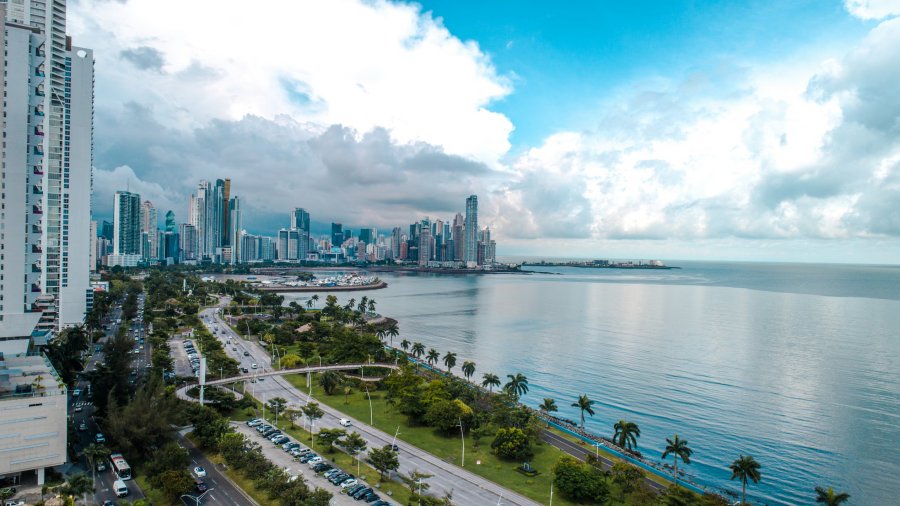Court throws cold water on government wetlands plan

 THE GOVERNMENT plan to reduce the Panama Bay wetlands got a damp reception in Panama’s Supreme Court, which has ordered the suspension of the order which sought to get a law through the National Assembly before its dissolution.
THE GOVERNMENT plan to reduce the Panama Bay wetlands got a damp reception in Panama’s Supreme Court, which has ordered the suspension of the order which sought to get a law through the National Assembly before its dissolution.
The Court admitted the objection filed by environmental activist Felix Wing against the decision of the Executive which sought to reduce the wetland boundaries.
Judge Victor Benavides, rapporteur of the decision, admitted the objection filed by Wingto the "serious and imminent risk to alter, modify or limit the area of the protected Panama Bay wetland and" and ordered the suspension of Cabinet Resolution 95.
The draft amending wetland boundary Panama Bay, is one of the 24 proposals that the President sent to the National Assembly for discussion in special session convened until 30 June.
The suspension will be in effect “until the action under proposed constitutional guarantees is resolved," Benavides said in its letter dated May 26.
This means, according to Wing, the Assembly cannot discuss the project, because the resolution which is based was suspended.
This would be the second time that a Supreme Court decision has been made against moves to modify or alter the state of the nature reserve.
The reduction of the wetlands is believed to be in the interests of developers with links to outgoing president Ricardo Martinelli.
In December 2013, after protests from environmentalists, the Third Administrative Chamber decided to maintain the protection of the wetland to reject an application for annulment of the decision of the National Environmental Authority (ANAM) that granted the wetlands the protected area category.
For Wing this means that there is still hope in the judicial system but he said that the Court will need to return the category of protected area to Donoso in Colon, which was suspended in 2012.
Antonio Chang, member of the Environmental Advocacy Center ( CIAM) , said that the organization submitted comments to the Environmental Commission of the National Assembly .
One of the main concerns of CIAM is that with the changes proposed in the Executive bill 10,000 hectares of wetlands would be reduced to make way for construction.
"These buildings will prevent wetlands fulfilling their ecological functions such as water absorption, flood protection, disaster protection, among others ," said the document prepared by the technicians of CIAM .
The decision of the Court, said Chang is "surprising", since in the past they had not dared to take such precautionary measures.
"It is a sign of positive change in the administration of justice in defense of the right to a healthy environment," he said.





